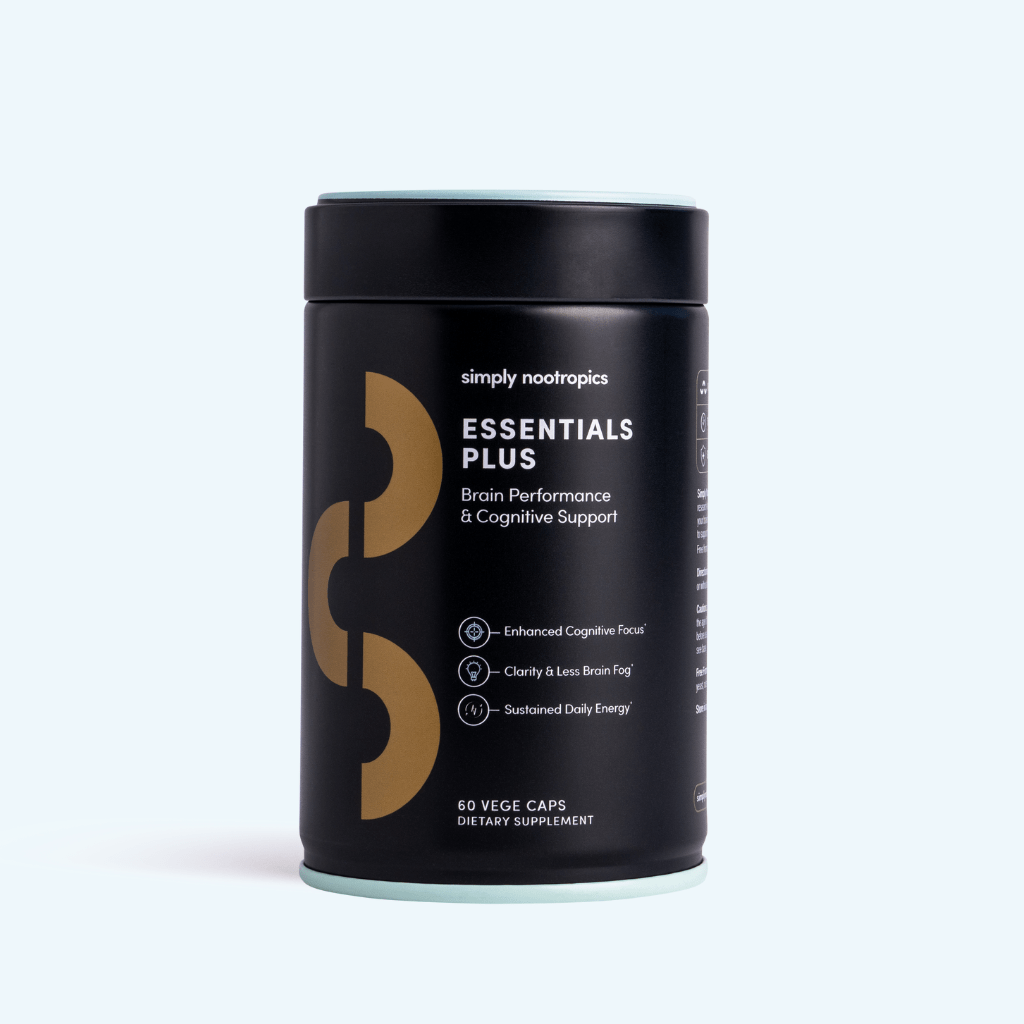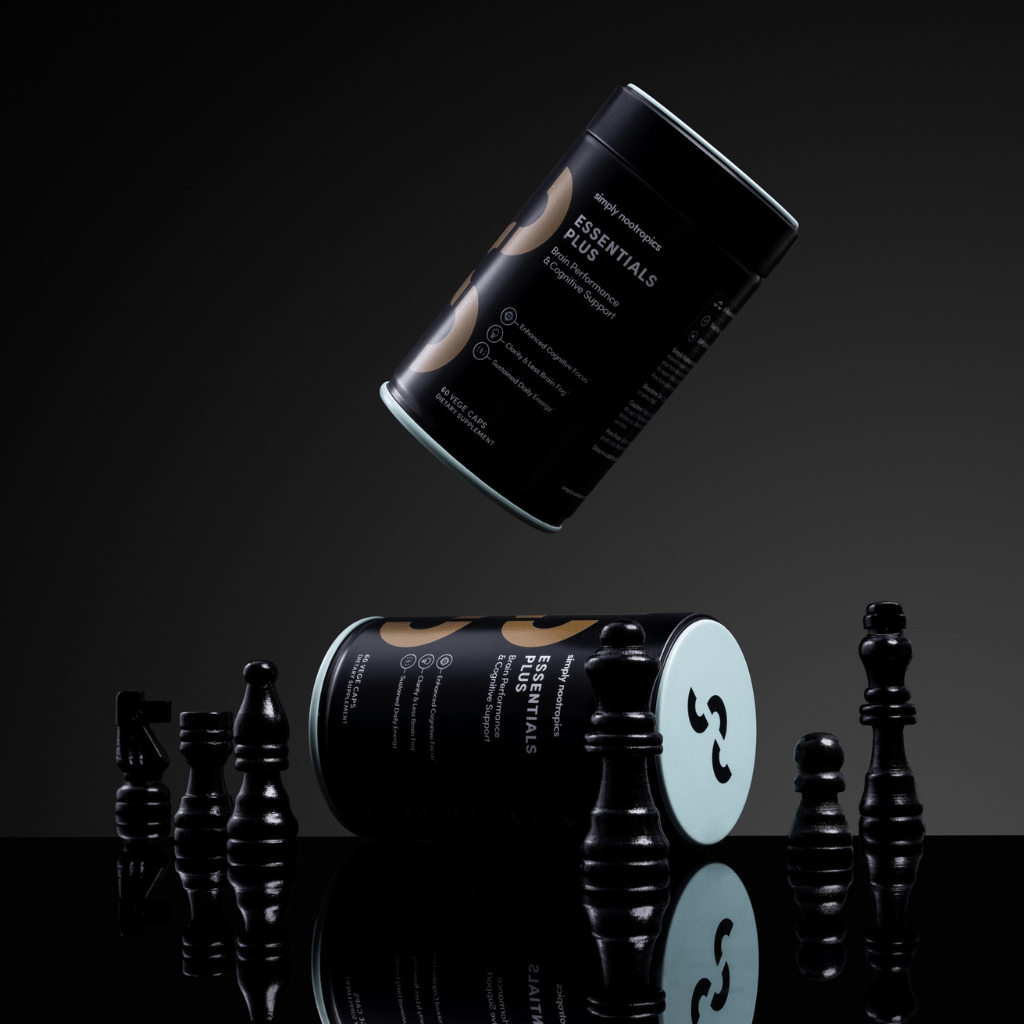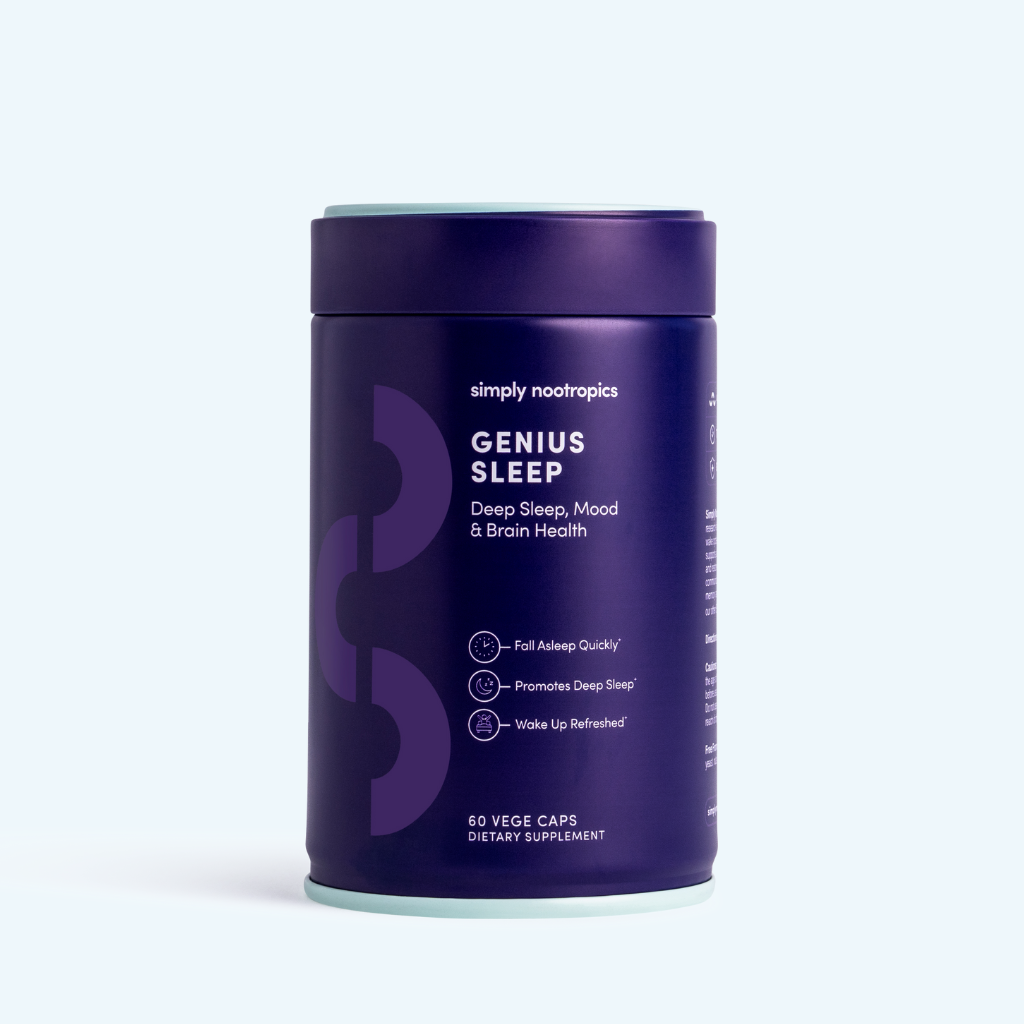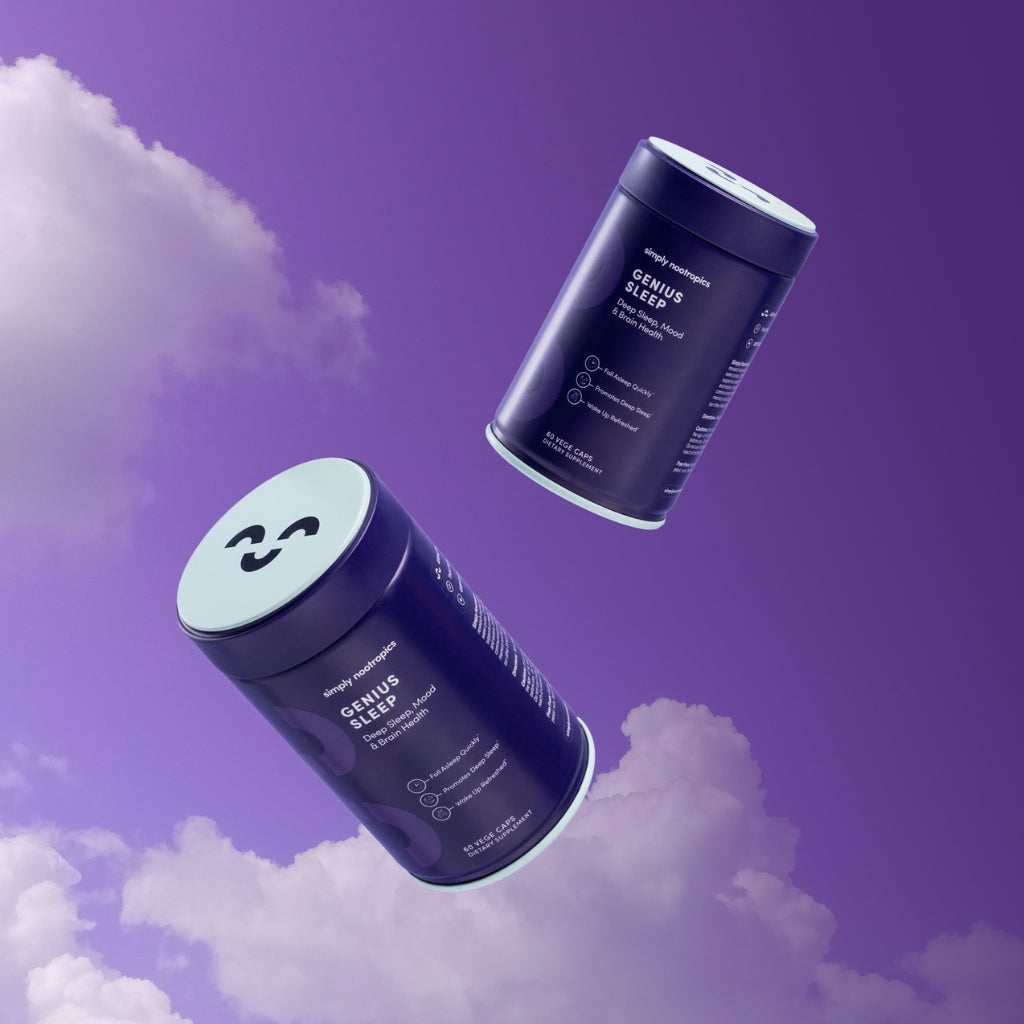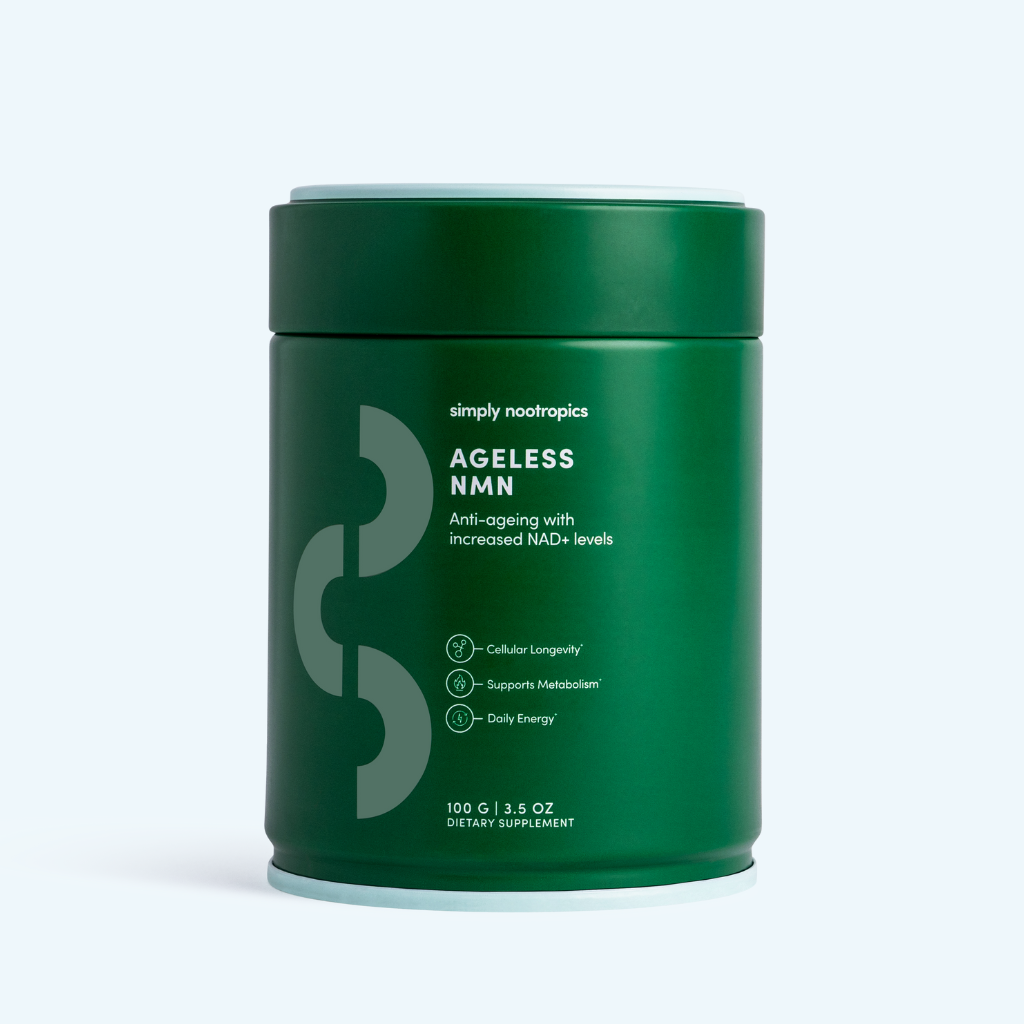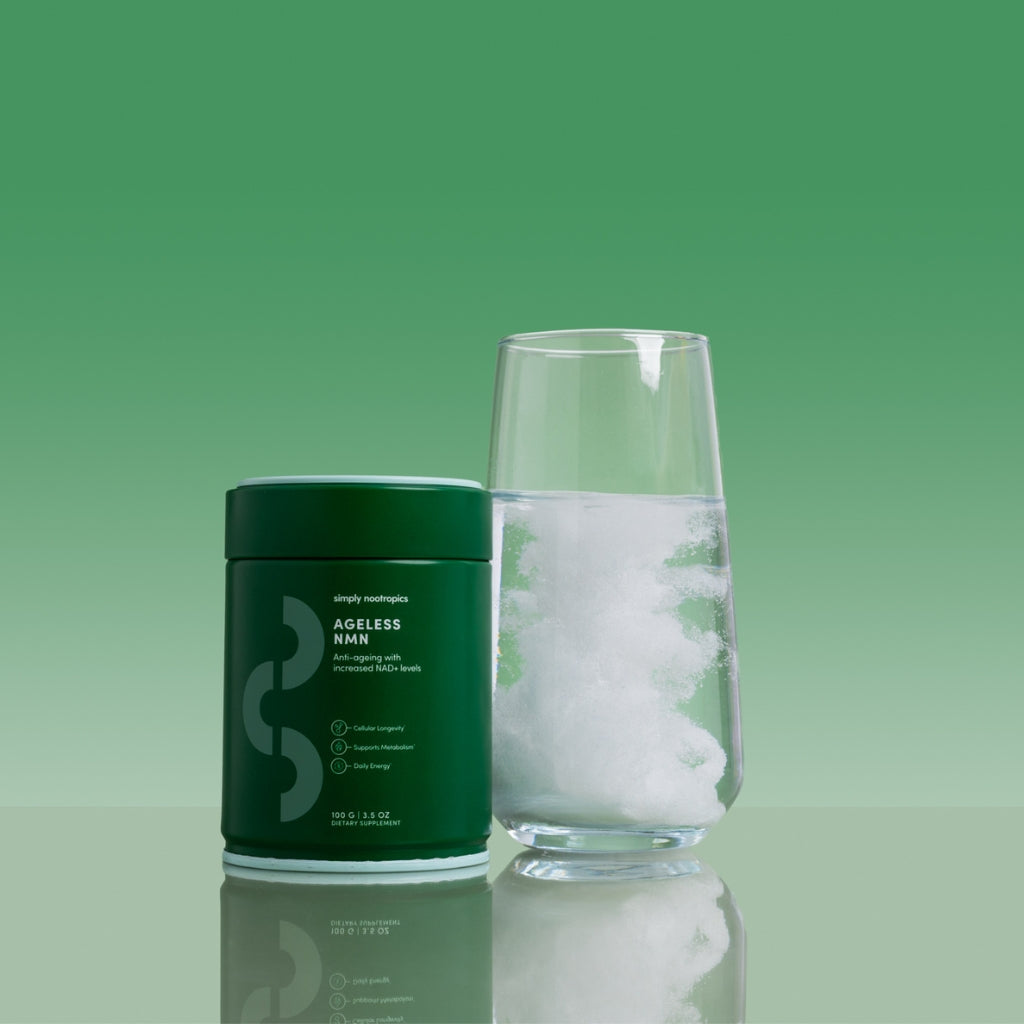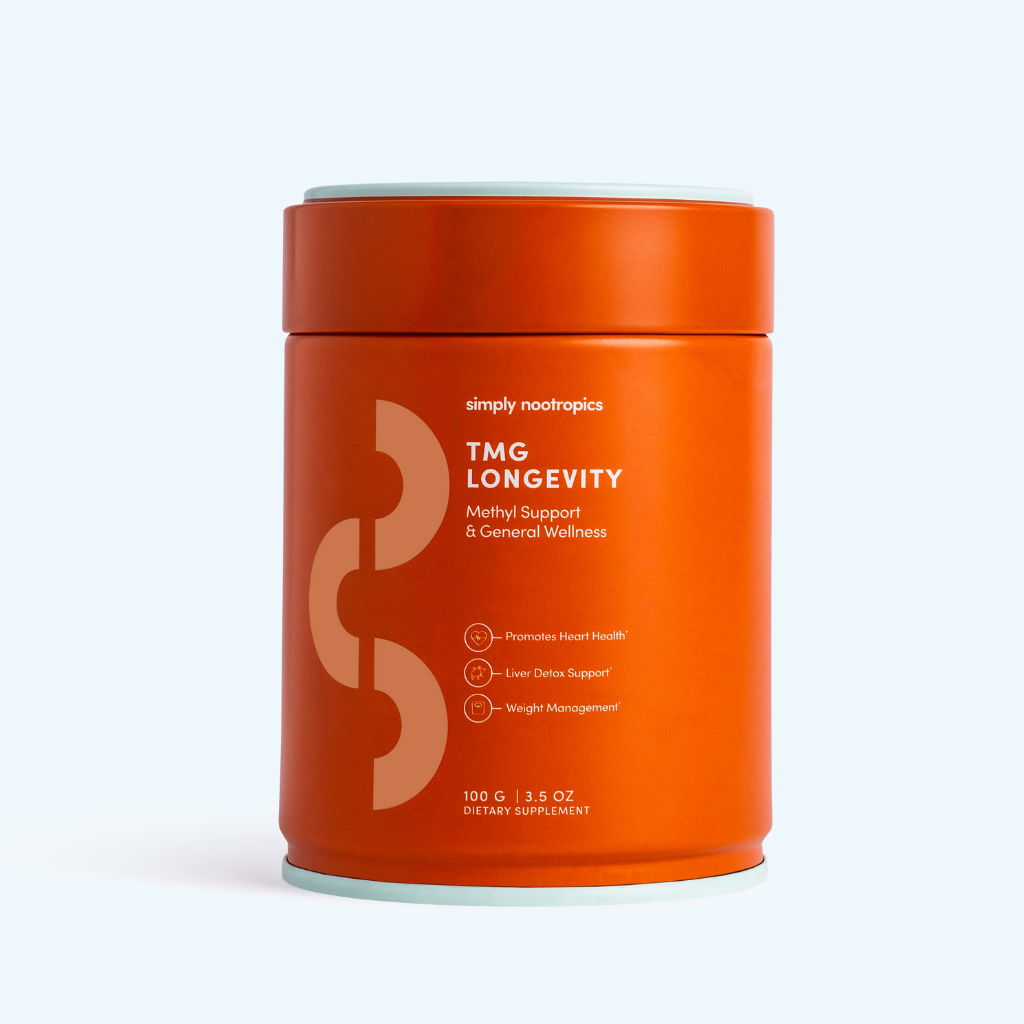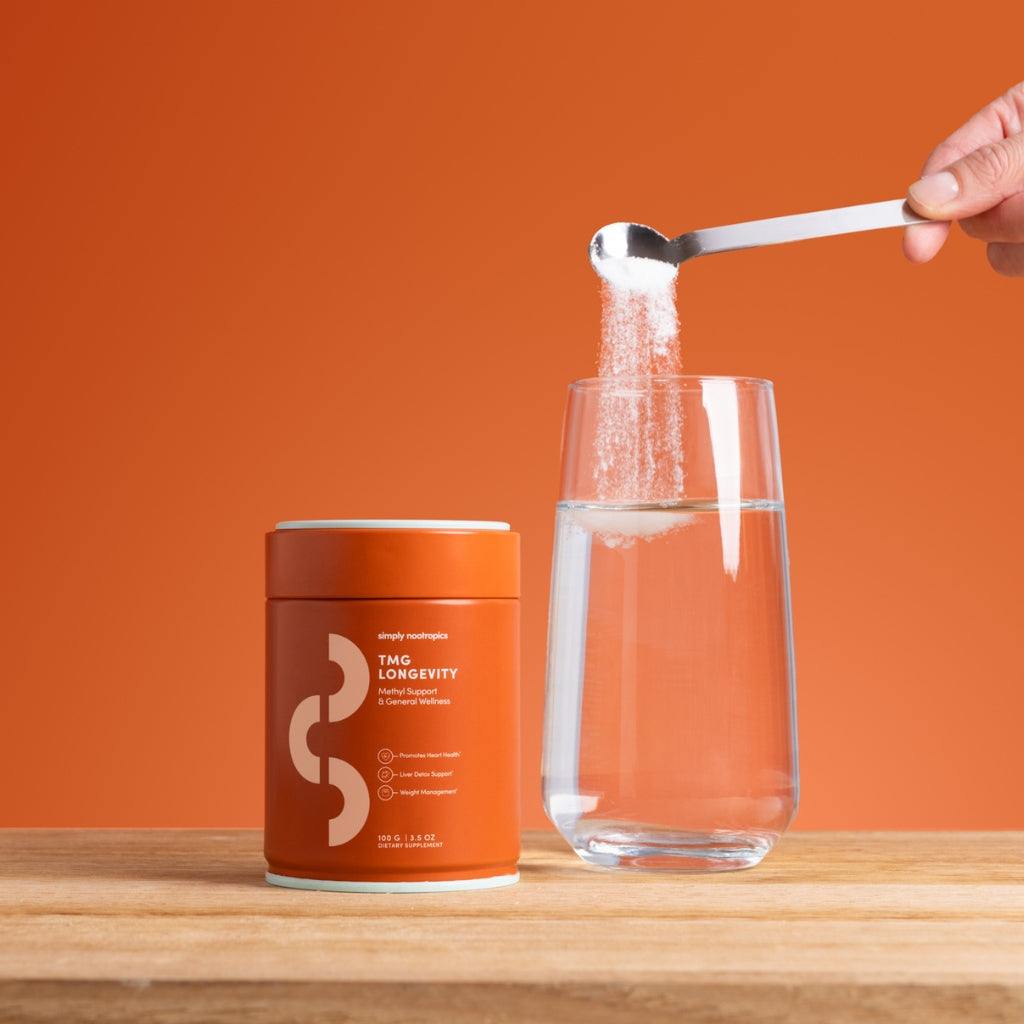Welcome to this week’s Longevity News, where we tell you about the most exciting advancements in health and science, all with the aim of promoting longer, healthier lives. This week, we explore groundbreaking sensors accelerating bone recovery, the kidney-protecting potential of GLP-1 agonists, and the brain-boosting properties of Lion’s Mane mushrooms. Let’s go into our weekly discoveries!
How Tiny Smart Sensors Are Fast-Tracking Bone Recovery
Bone injuries can be debilitating, especially for older individuals. Healing takes time, and getting the balance of rehabilitation just right is challenging. Scientists at the University of Oregon have developed tiny implantable sensors that may revolutionise the recovery process. These sensors, tested in rats, provide real-time data on the mechanical properties of healing bones, such as strength and density.
Using these sensors, researchers demonstrated the benefits of resistance rehabilitation in improving bone recovery. Over an eight-week period, rats with femur injuries ran on exercise wheels equipped with resistance brakes. The resistance-trained rats displayed faster bone healing and denser tissue compared to sedentary or non-resistance groups.
The study underscores the potential of these sensors to tailor rehabilitation programs for humans. By monitoring bone healing in real time, doctors could optimise exercise routines to maximise recovery.
This innovation also challenges conventional recovery protocols, which often overlook the importance of exercise in enhancing bone strength. The “Goldilocks principle” (getting the amount of exercise just right) is key to avoiding further injury while promoting healing. As researchers move toward human applications, the prospect of personalised recovery plans becomes more realistic. For patients recovering from fractures or surgeries, this could mean shorter recovery times and stronger bones.
Protecting Kidneys and Hearts with GLP-1 Agonists
GLP-1 receptor agonists, a class of drugs initially developed for diabetes, are gaining attention for their broader health benefits. These medications, including semaglutide (Ozempic) and liraglutide (Victoza), have been shown to significantly slow kidney deterioration and failure.
A recent meta-analysis evaluated 11 large-scale clinical trials involving over 85,000 participants. The findings were remarkable:
-
A 16% reduction in kidney failure risk.
-
A 22% reduction in worsening kidney function.
-
A 19% reduction in combined kidney failure, progression of kidney disease, and death from kidney-related issues.
These benefits extend beyond the kidneys. GLP-1 receptor agonists also reduce cardiovascular risk. The drugs even decreased all-cause mortality by 13% compared to placebo treatments.
Chronic kidney disease (CKD) affects 10% of the global population and is a leading cause of death. The discovery that GLP-1 agonists can protect kidney and heart health offers hope for millions, particularly those at risk.
Lead researchers from the George Institute for Global Health emphasised the potential of GLP-1 agonists to redefine treatment guidelines for CKD. As access to these medications expands, their role in managing non-communicable diseases could significantly impact global health outcomes.
Lion’s Mane Mushroom: Boosting Memory and Nerve Growth
Lion’s Mane, a distinctive mushroom with both culinary and medicinal uses, is earning praise for its brain-boosting properties. Researchers recently identified active compounds in Lion’s Mane that promote nerve growth and enhance memory.
Known scientifically as Hericium erinaceus, Lion’s Mane has been used in traditional medicine for centuries to support the immune system and digestive health. Now, modern science is uncovering its potential to improve brain function.
Laboratory tests revealed that extracts from Lion’s Mane mushrooms stimulate the growth of brain cells by enlarging growth cones, which are essential for neurons to connect and communicate. This process enhances memory and supports overall cognitive health.
With its growing reputation, Lion’s Mane is becoming a staple in discussions around natural approaches to brain health. Its dual appeal as a culinary ingredient and a medicinal marvel highlights its versatility in promoting both wellness and longevity. Designed to support focus, memory, and overall vitality, Simply Nootropics Essentials Plus combines Lion’s Mane with other powerful ingredients to help you stay sharp and energized every day.
Longevity Tip of the Week
Longevity isn’t about big gestures or titanic efforts, it’s about the small, consistent actions you take every day. This week, try focusing on building one sustainable habit, such as walking for 20 minutes each morning, drinking more water, or adding one new vegetable to your meals. Over time, these tiny changes can have a profound impact on your health and your life.




